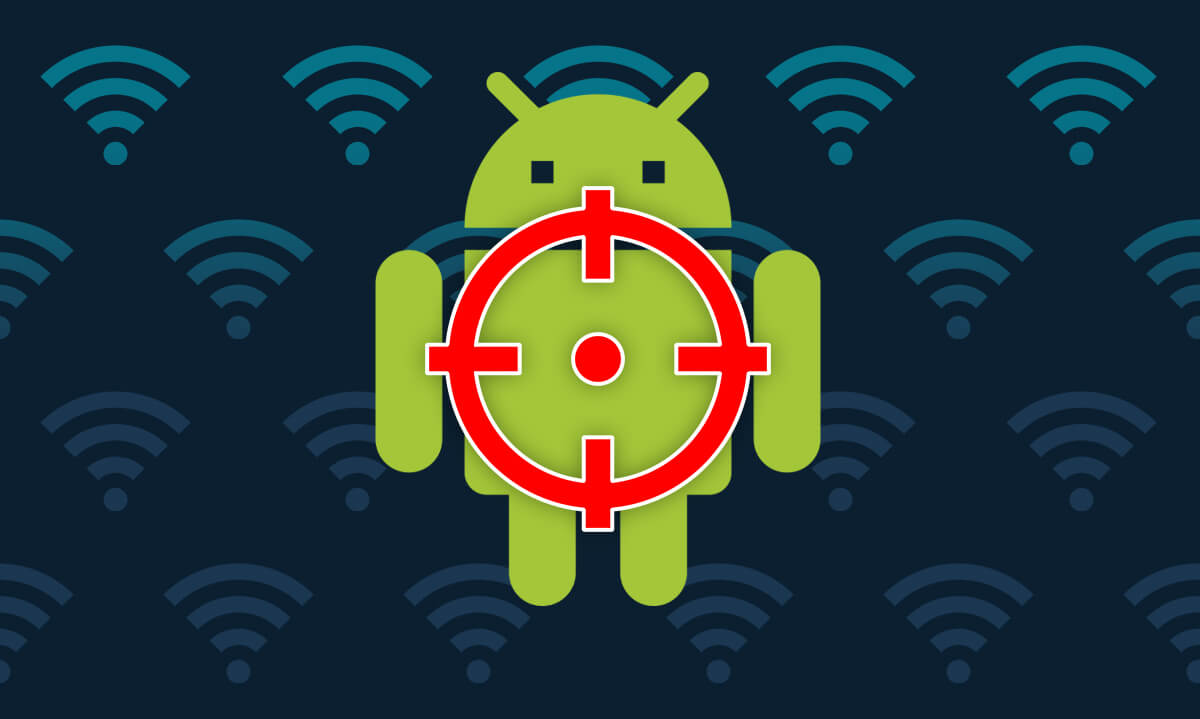Why VPNs Are Important For Android
There are two main operating systems for mobile devices: Android and iOS. As of a year ago, those two companies had 99.6 percent of the global market share for mobile. While Apple probably gets more ad space than Android devices, Android is hands-down the winner worldwide, with 81.7% of the market share as of February 2017. That kind of domination is great — but it also comes with drawbacks. Most notably, Android is a hot target for cyber criminals and thieves.
Let’s take a look at one way Android is vulnerable to attack — and one simple thing users can do to protect themselves.
WiFi Attacks
Compromising WiFi networks is a favorite for malicious hackers — and it’s why you should never trust a public WiFi network. For example, in October 2017, The Verge reported that Android devices were particularly vulnerable to attacks via WiFi. And, even scarier, as many as 41 percent of Android devices were susceptible to a “particularly devastating” form of attack.
According to their report, attackers were able to intercept data on a WiFi network even without a password. Because the attacks specifically targeted vulnerabilities in the WPA2 protocol, users could have their traffic intercepted and/or malware put on their devices without even knowing.
While similar in that they both exploit vulnerabilities in WiFi, this attack was even more frightening than the usual attacks perpetuated via insecure WiFi networks. Those attacks, while more mundane, are still potentially devastating for users. In a man-in-the-middle attack cyber criminals gain access to public WiFi or WiFi connections with easy to guess passwords in order to intercept data. In malware attacks, they use insecure WiFi connections to plant malware on a user’s device. And in a WiFi sniffing attack, they simply download all of the data being transmitted over an insecure WiFi network and sift through it for sensitive information later.
What can you do about it?
These are just a couple of examples of types of hacks that exploit vulnerabilities in Android via WiFi. The only way to truly make sure you’re not vulnerable to these types of attacks is to never access the internet via WiFi — but that’s unrealisitic. Instead, there is a step you can take to make sure you’re protected: Download a VPN.
VPN stands for “Virtual Private Network” and it does exactly what the name suggests: Create a private way for you to access the internet. VPNs create an encrypted “tunnel” between a device and the ISPs. With a good VPN, you can rest assured that all of your data is completely encrypted, meaning hackers are no longer able to exploit WiFi vulnerabilities — even on notoriously insecure public WiFi. And with the Tenta VPN, you get the added benefit of Secure DNS, which adds TLS protocol when DNS data is sent from your browser. It’s one more way to make sure that you’re protected, no matter what type of device you’re using to access the internet.
Share this postInstall Tenta Browser Free!
Start protecting your online privacy today with Tenta Browser.



